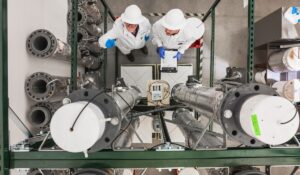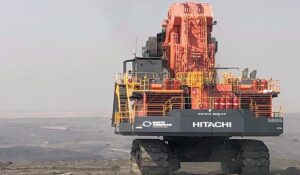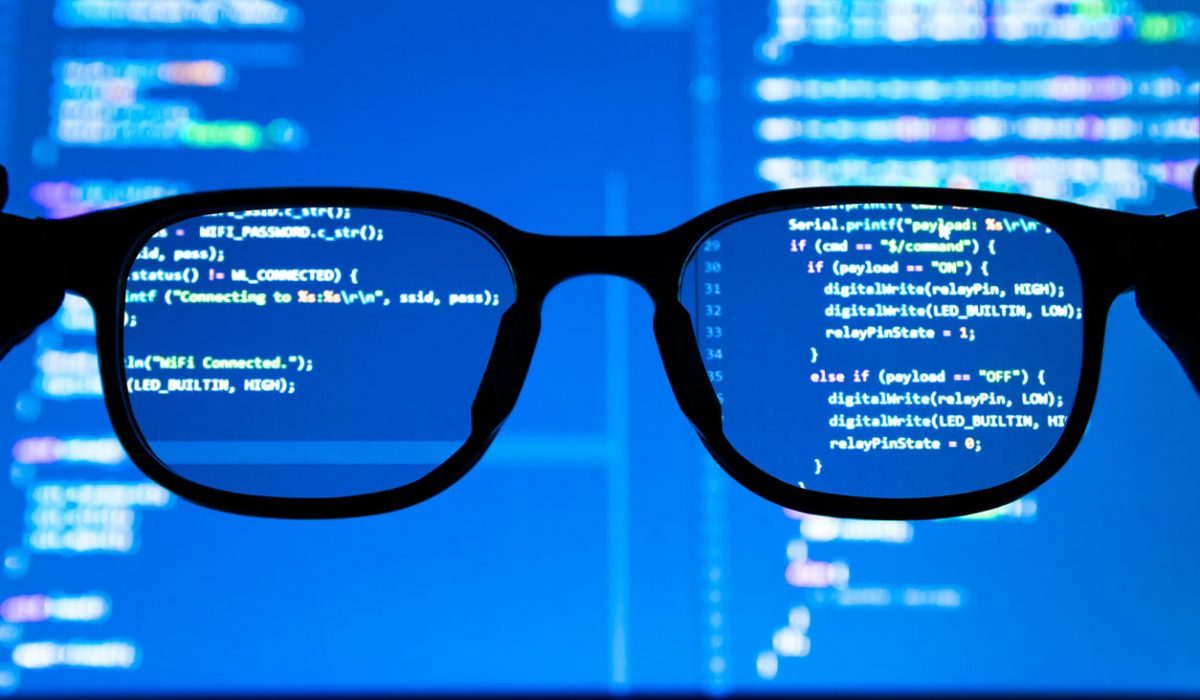Colorado mining technology firm Endolith has confirmed a US$13.5 million equity funding backed by Maryland defence-tech fund Squadra Ventures and legendary VC investor Tim Draper’s Draper Associates.
Two-year-old start-up Endolith is “defining a new class of industrial biotech”, according to Squadra principal Dan Madden, principal, Squadra Ventures. “By merging biology, data and industrial systems, Endolith is creating a scalable path to critical-mineral security.”
The equity raise was also supported by New York and Los Angeles green tech VCs Collaborative Fund and Overture Climate Fund, respectively. “They’re [Endolith] proving that the intersection of biology and AI can solve some of the hardest industrial problems on the planet,” Collaborative partner Guy Vidra said.
Endolith, which is initially targeting copper and lithium recovery with its engineered and AI-guided microbes, expects to raise a further $3 million in a second series A tranche. The company has reported “successful lab results” with BHP and is also working with Rio Tinto, South32 and Arizona Lithium. It is understood to have current annual revenues of circa-$2 million and 18 employees.
CEO and founder Liz Dennett said in Sydney, Australia, at last month’s IMARC event the company’s technology could be seamlessly and relatively cheaply integrated with existing copper leaching flowsheets to boost economic recovery of the metal. Early results indicated strong potential for higher recovery yields as the platform scaled.
“I lead with the fact we’re using microbes but really it’s biological intelligence,” said Dennett, who has a PhD in geomicrobiology and astrobiology.
“What that means is we’re using microbial communities that we’ve adapted through some really unique techniques and we’re combining those microbes with a cloud-native platform and intelligence.
“These are three technologies that make a Venn diagram that could really only exist in 2025.
“We use continuous low dose inoculation and then we use real-time genomic monitoring so as your orebodies change … we augment the microbes. As temperature changes, Eh changes, pH changes; we’ve got microbes for that.
“Every data point we touch, every time we run microbes within the ore and bring the data together, our algorithms get smarter.
“Brownfield or greenfield doesn’t matter. We are able to unlock close to 80% profit margins and really operate with a SaaS-like revenue model.
“Mining is the last industry to get this biological intelligence layer. You’ve got your SCADA systems, you have different process controls for solvent extraction [and] electro-winning, and now is the time where those circles become that overlap in the Venn diagram and we can really plug microbes into the equation.”
Frequent headlines referencing new government “critical minerals” alliances and ex-China supply chain initiatives were helping to create a more positive funding environment for mining and metals tech start-ups such as Endolith, Dennett has indicated. However, that has been counteracted by tariff and related geopolitical uncertainties feeding into the risk models of many generalist VCs. Plus, perceptions about mining’s traditional slow-moving tech commercialisation landscape.
The mining and metals tech market segment, such as it is, has really only taken substantive shape in the past five years with most investment in technology coming from incumbent mining original equipment manufacturers and a handful of longer-term investors.
Dennett said in Sydney she’d spoken with more than 100 VCs for the series A raise. Even mining corporate VCs were “typically looking for very specific paradigms that they can plug in” to their funding models. The funding environment could still be “brutal” because “the VC paradigm is designed for a certain growth topology … and mining is slow moving by default”.
“I’ve done really hard things,” said Dennett. “I love type-two fun. I’ve done a full-length Iron Man.
“Fundraising is the hardest.”









